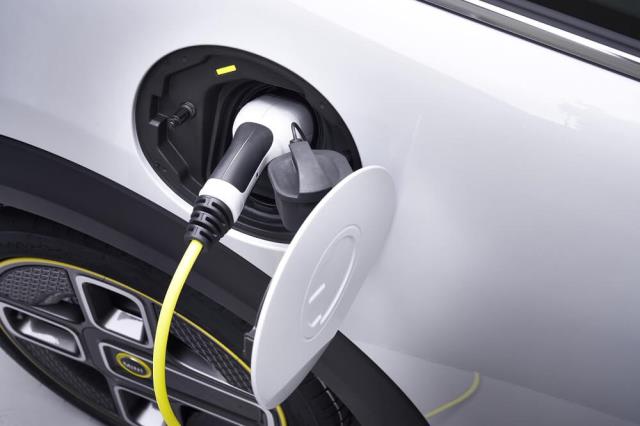
It will be easier for electric vehicle (EV) users to get around this summer according to the RAA, with the RAA state wide charger network now 75 per cent completed.
RAA chief executive officer Nick Reade said the rapid and ultra-rapid charging sites would be a game changer for anyone planning a long-distance road trip over the festive season.
“From Adelaide to Streaky Bay, Yorke Peninsula and the Riverland, down to Mount Gambier in the South East, South Aussies will be able to hit the road this summer and have peace of mind that they can recharge along the way in as little as 10 to 40 minutes,” he said.
There are now six long-distance road trips from Adelaide to the regions where EV drivers can use the border-to-border electric vehicle charging network.
To get from Adelaide to the South East using the network, drivers would stop to recharge in Mount Barker, Kingston SE and Naracoorte.
Mr Reade said while EVs were not right for everyone, there was a compelling case to make the switch.
“Driving an EV is quickly becoming one of the lowest cost ways to get around our beautiful state, and with new EV models coming onto the Australian market from $38,900 – there really has never been a better time to consider owning an EV,” he said.
The cost to charge an EV with a 64kW battery and a driving range of about 480km using the 150kW Rapid or 200kW Ultra-rapid chargers, is between $22 and $26.
In comparison, it currently costs more than $100 to fill a similar size car with a 50L internal combustion engine with petrol.
Minister for Energy and Mining, Tom Koutsantonis said the traditional Australian summer road trip was changing.
“EV drivers can look forward to hitting the road with confidence to explore what our great state has to offer,” he said.
“EVs will be the vehicle of choice for South Australians and the network we’re building with RAA will help facilitate that transition, removing ‘charging anxiety’ while connecting our regions.”







